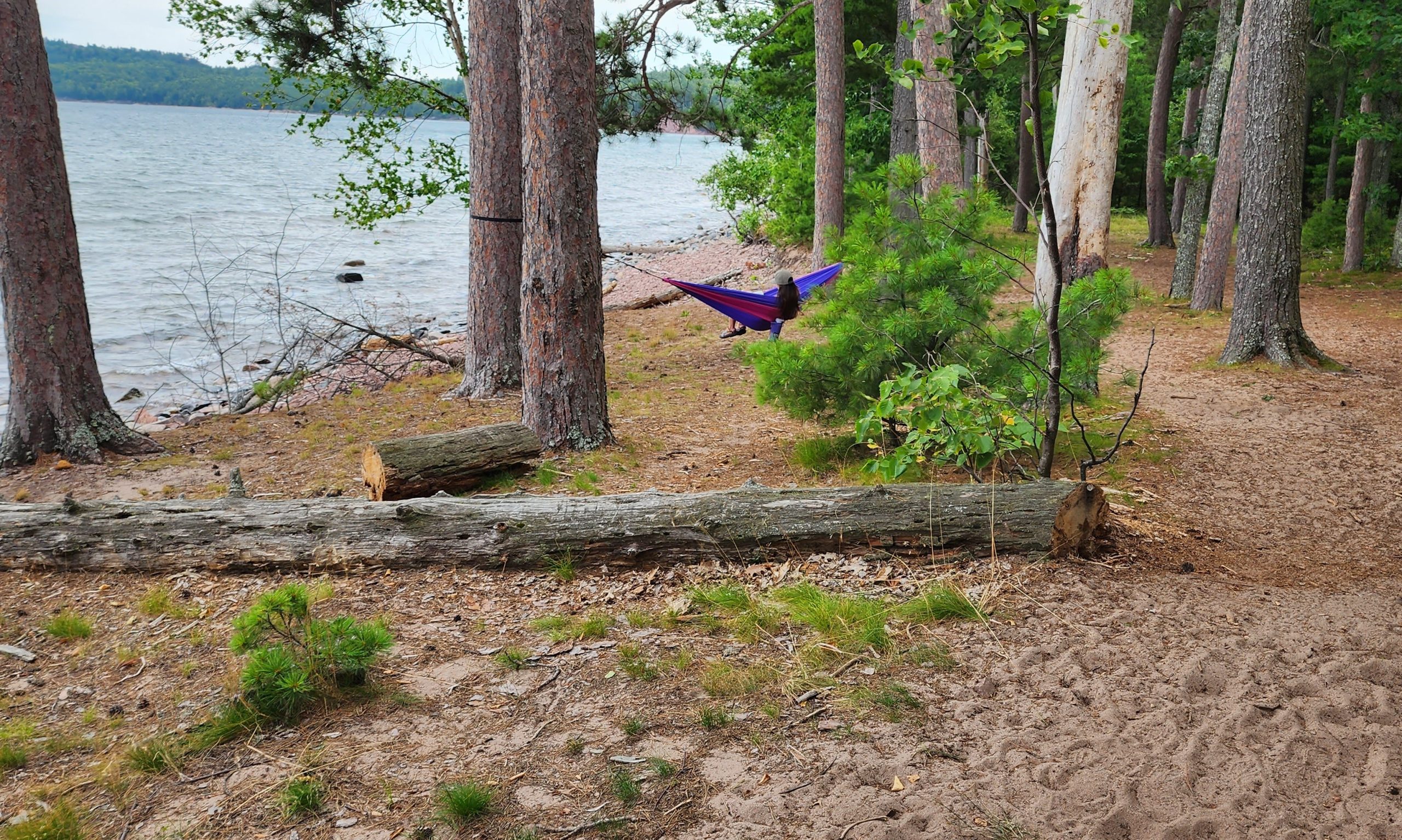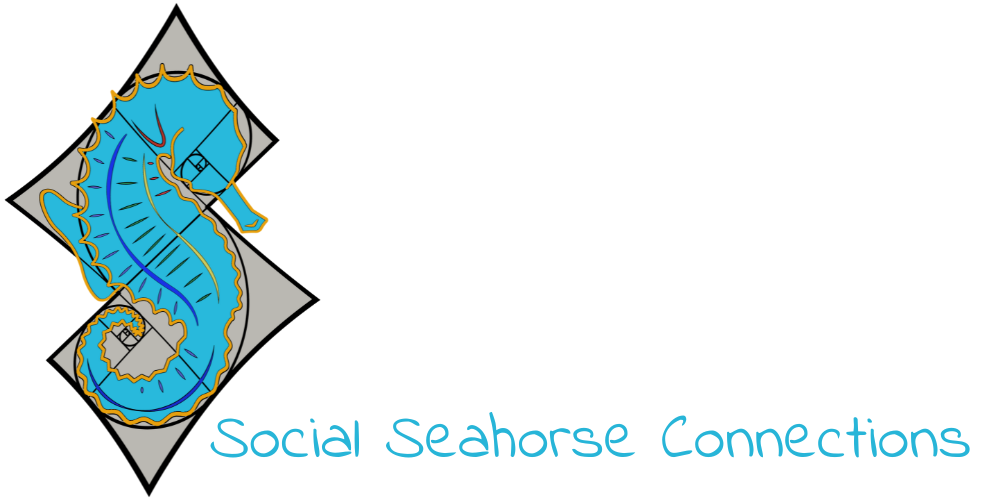
I had just ordered at a restaurant when I realized I’d forgotten to request that my burger be cooked well. I looked around to locate my server and realized I couldn’t remember what the person looked like; in fact, I didn’t even recall if the person was a male or female server.
In that moment, I was horrified to realize I’d treated the server more like an order-taking machine than a person; I vowed never to let that happen again. Now when I order, I put my menu down, turn to the server, and interact mindfully.
I ask their name, thank them for their advice and service, and tip well. Some servers seem genuinely surprised to have someone actually look at them and pay attention.
Does it matter?
Creating community is essentially creating bonds with other humans – some of these bonds are lifelong, some are brief. Some will initiate massive changes like the Vlogbrothers impacting those with Tuberculosis, and some just make a stranger’s day a little better.
Today’s Golden Connection is about the potential impact of the latter.
I’d gotten started late to do a short few-mile hike on the North Country Trail I wanted to explore near Presque Isle in Michigan. I wanted to make it to Little Presque Isle and back before dark. I hadn’t gone far when I saw a college-age woman hanging out in her hammock looking out over Lake Superior.
I don’t like to be a bother so I usually don’t interact with strangers, and she was reading a book so I didn’t want to interrupt her focus – but something made me stop and greet her anyway.
What a delightful experience I had! She was reading a book about finding healing from plants and nature, in fact, that was her area of study for her college degree. As we discussed the value of social connections, she brought up the book The Body Keeps Score by Bessel Van Der Kolk, a book I was very interested in and had been intending to read for some time.
Does it matter that I stopped to interact?
Well, I’m now in the process of reading both books which is having a significant impact on my life. But, does it matter in a broader sense?
The sun was setting over the water at a local bird sanctuary where I was spending the afternoon getting to know a friend better. A woman joined us on the viewing platform, and I watched as my friend engaged her – asking her name and showing interest in the pictures she shared that she’d taken of the sunset from that point over the recent months as well as bird photos – not just politely nodding as she scrolled to show us photo after photo, but commenting on the lighting and composition and asking meaningful questions.
Normally, about this time, I might have said something like, “It was a pleasure meeting you,” to end the interaction; however, my friend continued to engage her. It was clear that she was more accustomed to people rushing her off.
I watched as she lit up when my friend commented on how bright and joyful her purple jacket was. She shared some remarkable family history, and I began to feel how special it was to get to know a little something special about a stranger I would likely never see again.
Did that interaction matter?
Maybe these contacts don’t matter so much in isolation – though, a brief compliment or smile can do much to make someone’s day brighter.
“Experimental social psychologists have uncovered striking evidence that even the most casual social interaction can have a powerful effect on reciprocity.”1 In other words, when people have a brief casual encounter, they are more likely to have that encounter reciprocated either to them or another person.
Think of it as a type of chain reaction. I look a server in the eye who then makes eye contact with the person at their next table who then listens more carefully to the person with whom they are sharing a meal.
Further, when these interactions stack up, it creates a sense of identity for a person’s local community. “The sum of such casual, public contact at a local level—most of it fortuitous, most of it associated with errands, all of it metered by the person concerned and not thrust upon him by anyone—is a feeling for the public identity of people, a web of public respect and trust, and a resource in time of personal and neighborhood need.”2
When a public identity exists, it creates a sense of community and connection that pays many social benefits – combining to create a sense of belonging.
So yes, it matters. It matters to the person initiating the connection. It matters to the person being seen and heard. It matters in the cumulative, making the world a better place, one connection at a time.
Golden Connection Challenge: Engage a stranger today just a little longer than you normally might; try to make a connection that helps the person feel seen, heard, and valued as another human.
1. Putnam, Robert D.. Bowling Alone: Revised and Updated: The Collapse and Revival of American Community (p. 115). Simon & Schuster. Kindle Edition.
2. Jacobs, Death and Life of Great American Cities, 56, as quoted in Putnam, Bowling Alone, 308.
